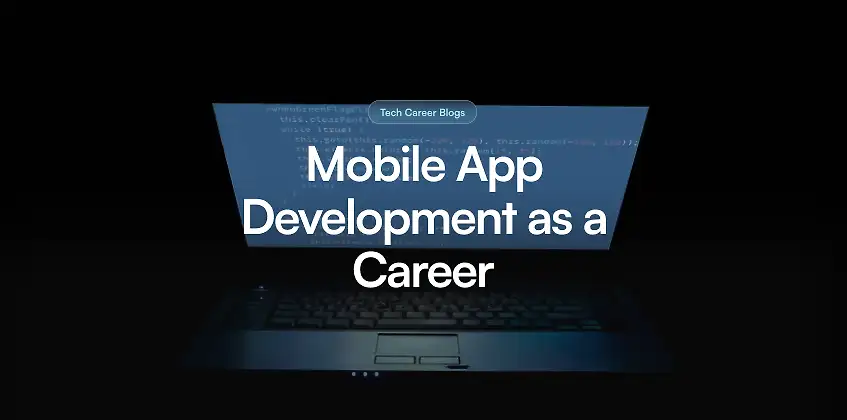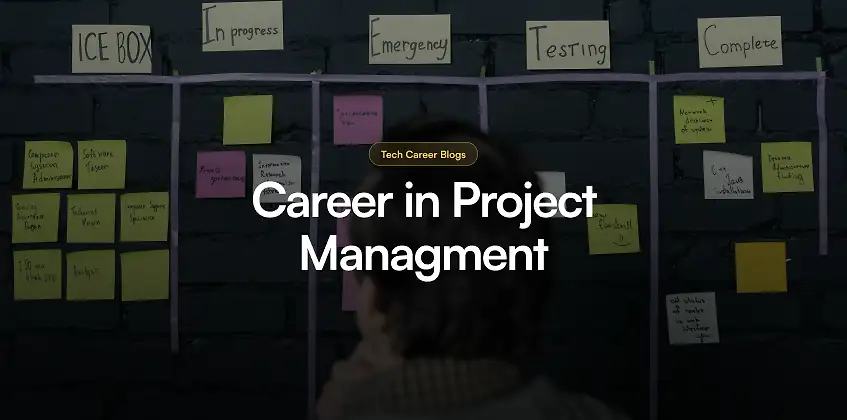
The Top 5 Skills Every IT Project Manager Needs to Succeed
Published on : August 2, 2024
In the fast-paced and rapidly involving world of information technology, project management isn't just about ticking off tasks on a checklist—it's an intricate dance of strategy, collaboration, and adaptation.
As we venture into this realm, we're not merely scratching the surface but diving deep into what makes IT project management genuinely effective.
Why, you might wonder, embark on this exploration? Because within the bustling corridors of IT projects lie challenges that demand more than technical know-how. They call for a blend of skills—a top 5 that transcend the traditional boundaries of project management. These skills aren't just desirable; they're essential for steering the course of IT projects towards success.
Effective Communication
Effective Communication lies at the heart of successful project management. According to PMI’s 2023 Pulse of the Profession, proficient Communication boosts project success by up to 20%. It transcends mere information transmission; it ensures clarity, comprehension, and alignment among all project stakeholders. In IT, where projects are highly technical and complex, translating technical jargon into understandable terms is invaluable.
Active listening entails engaging with team members and stakeholders and demonstrating genuine interest in their inputs and concerns. This builds trust and can offer critical insights into potential project risks or issues.
Clear documentation, comprising comprehensive project plans, status reports, and technical specifications, ensures everyone is on the same page and minimizes misunderstandings.
Regular updates, such as daily stand-ups and weekly project updates, maintain communication rhythms, keeping stakeholders informed and engaged while offering a platform for promptly addressing issues.
Agile and Flexible
Project management is imperative given the dynamic nature of the IT industry, which is characterized by rapid technological advancements and shifting market demands. Agile methodologies like Scrum or Kanban prioritize flexibility, continuous improvement, and fast response to change.
The 14th Annual State of Agile Report underscores organizations adopting Agile practices report improvements in managing changing priorities. Iterative development involves breaking down projects into manageable increments, allowing for frequent reassessment and adaptation of plans. Central to Agile, Empowered teams are given autonomy to make decisions and solve problems, fostering innovative solutions and more robust team cohesion. Customer collaboration ensures regular feedback from customers or end-users, aligning the project with their needs and expectations, thus reducing the risk of delivering an off-target product.
Technical Proficiency
Though IT project managers do not necessitate coding expertise, they demand a robust understanding of relevant technologies. A CompTIA report indicates that over 75% of project managers emphasize the importance of technical knowledge in managing projects effectively.
This proficiency enables understanding technical challenges, making informed decisions, and fostering effective Communication within the team.
Risk Management
Risk Management involves anticipating potential setbacks and devising strategies to mitigate them, which is critical in IT projects' complex high-stakes environments. It is crucial to actively identify risks, including technical challenges, resource constraints, and external dependencies.
Assessment and prioritization help effectively prioritize identified risks based on their likelihood and impact. Mitigation planning entails developing strategies to reduce the possibility of risks occurring or minimize their impact.
Leadership and Team Building
Leadership and Team Building are pivotal for the success of IT projects, relying heavily on the strength and unity of the project team. Effective project managers transcend mere managerial roles; they are inspirational leaders who motivate their teams toward shared objectives. They articulate a compelling project vision, empower team members through delegation and autonomy, and maintain transparent communication channels to foster trust, collaboration, and problem-solving within the team.
Conclusion
Mastering the intricate art of IT project management necessitates proficiency in essential skills beyond technical knowledge or organizational prowess. Effective Communication, agile and flexible project management, technical proficiency, risk management, and leadership and team building constitute the cornerstone of a successful IT project manager's toolkit.
By continuously refining these skills, project managers can confidently navigate the complexities of their roles and lead their teams to successful project completions. As technology evolves and projects grow more complex, the demand for skilled IT project managers will only intensify. For those aspiring to excel in this dynamic field, the journey commences with a dedication to mastering these essential skills.
Interested in delving deeper into the realm of IT project management? Explore our comprehensive course designed to equip you with the skills and knowledge needed to thrive in this dynamic field.
Join Our Project management Training
Related posts
0
/ 0
0
/ 0







